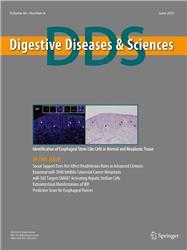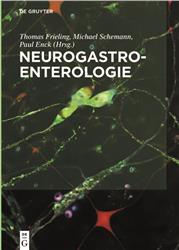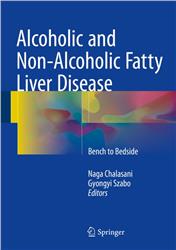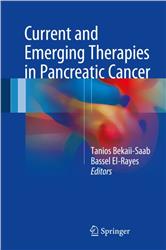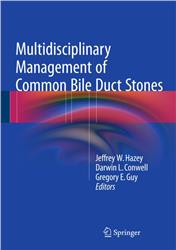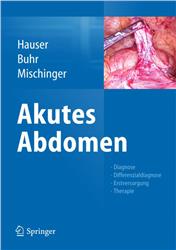Benign Tumors of the Liver
| Auflage | 2015 |
| Seiten | 300 p. 100 illus. |
| Verlag | Springer |
| ISBN | 9783319129846 |
| Artikel-Nr. | 612407 |
Lieferzeit ca. 5 Werktage
Produktbeschreibung
Diagnosis of benign tumors of the liver is experiencing exponential growth, mainly owing to the diffusion of more accurate imaging techniques. This monograph opens by examining the epidemiology, histopathology, and genetics of these diseases and discussing liver physiopathology. The role of imaging techniques is described, and clear guidance provided on differential diagnosis. The full range of benign liver tumors and conditions is then systematically reviewed, including liver cysts and polycystic liver disease, Caroli disease, hemangiomas, focal nodular hyperplasia, adenomas, hepatic manifestations of systemic diseases, and focal infectious diseases.
Surgical indications are accurately analyzed, with a view to assisting in the avoidance of useless interventions. Transplantation, laparoscopic resection, and robotic surgical techniques are described and illustrated, emphasizing the optimization of intra- and postoperative management in order to avoid potential complications and degeneration. In these chapters, attention is drawn to the ways in which the surgical management of benign liver tumors differs from that of malignant tumors. Information is also provided on anesthesia, blood transfusion, the role of interventional radiology in patients with benign liver tumors and fast track programs for liver surgery. This book, in handy format, will prove essential reading for all who are interested in benign liver surgery and will represent an invaluable source of knowledge for general and hepatobiliary surgeons, whether in training or practice.
Surgical indications are accurately analyzed, with a view to assisting in the avoidance of useless interventions. Transplantation, laparoscopic resection, and robotic surgical techniques are described and illustrated, emphasizing the optimization of intra- and postoperative management in order to avoid potential complications and degeneration. In these chapters, attention is drawn to the ways in which the surgical management of benign liver tumors differs from that of malignant tumors. Information is also provided on anesthesia, blood transfusion, the role of interventional radiology in patients with benign liver tumors and fast track programs for liver surgery. This book, in handy format, will prove essential reading for all who are interested in benign liver surgery and will represent an invaluable source of knowledge for general and hepatobiliary surgeons, whether in training or practice.

